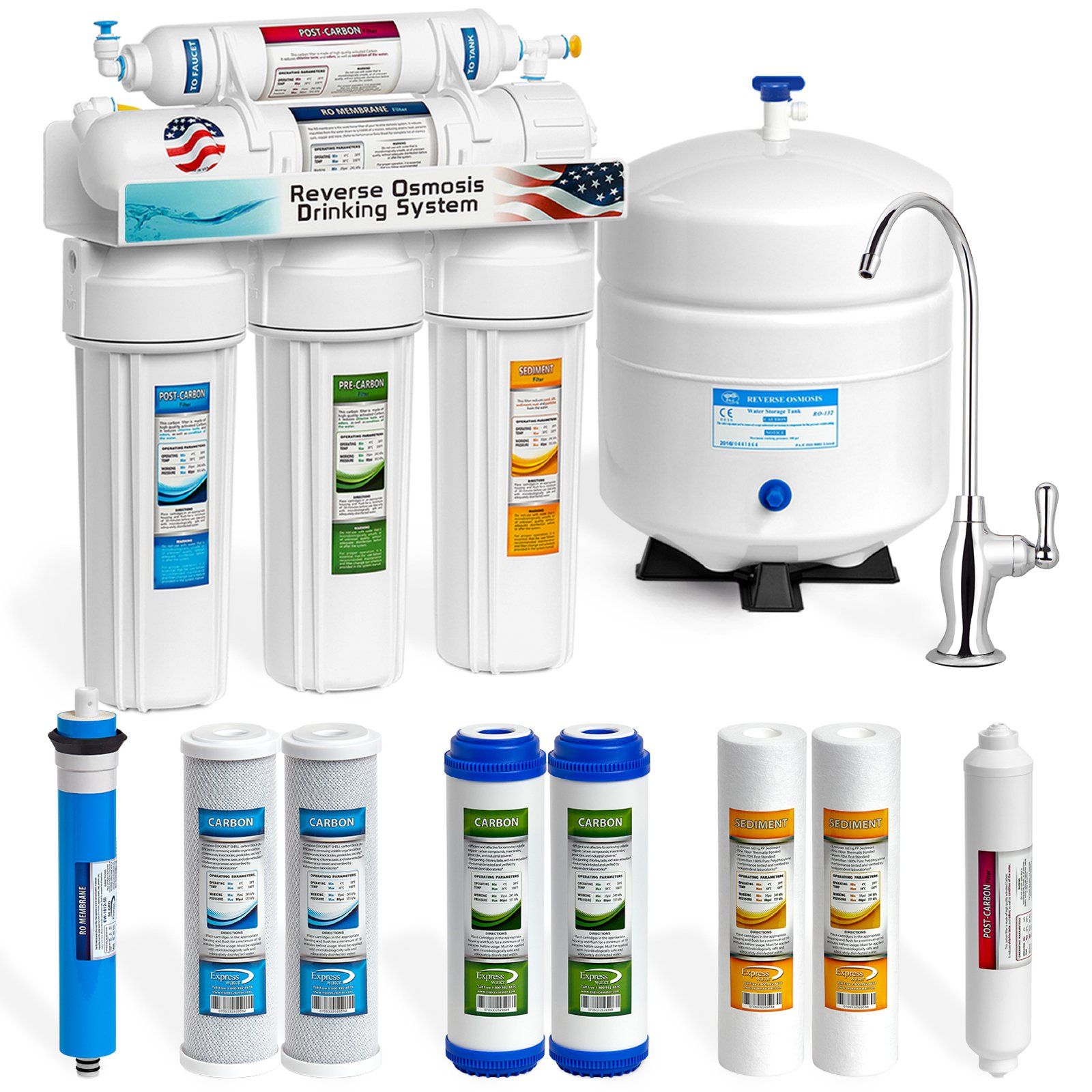Carbon Water Filter Vs Reverse Osmosis

However when it comes to whole home drinking water there is a big difference.
Carbon water filter vs reverse osmosis. Depends on the porosity of filter and additional add ons. Children are especially vulnerable to the toxicity of chlorine and fluoride in drinking and bath water and in the preparation of baby formula. Removing these contaminants requires either a reverse osmosis water filter system or a distiller some can also be removed by kdf 55 or manganese greensand. Distilled water filters also upset your water s chemistry.
A high quality carbon filter is often more effective than a low end reverse osmosis system. Second the water moves through a carbon filter. Both types of water softeners are great for home use but not every system is made for everyone. This filter removes sediment in the water like sand and salt.
Reverse osmosis purification vs. An example of this would be our always fresh filter. Scientists and health professionals are now warning us of the dangers of fluoride which is primarily removed by reverse osmosis technology. The reverse osmosis process includes four steps.
Carbon is not bad it is often used in dechlorination. It removes 99 99 of chlorine. Carbon filters are great for removing chlorine which improves safety and taste but a single stage carbon filter isn t enough to sufficiently remove all the contaminants that may be present in tap water. Most of these will remove more chlorine.
Carbon filters for the most part are pretty simple systems that do a great job at capturing chemical impurities in water. Carbon is an effective tool for removing some impurities from water. Reverse osmosis and carbon filters are very different technologies. That s why carbon filtration is often a part of a reverse osmosis system.
Activated carbon filters are excellent at reducing organic compounds and chemicals in water and reducing the bad taste and odor in tap water. Besides removing harmful minerals distilled water filters also remove necessary minerals like calcium and magnesium which promote good health. Both reverse osmosis and carbon filters have advantages and disadvantages you should consider when choosing a filter for your home. It will remove volatile organic compounds and heavy metals.
A reverse osmosis system will use a high quality carbon filter. Reverse osmosis not only helps capture those same impurities but heavy toxic metals too. First water passes through a sediment filter. Reverse osmosis removes over 500x the microns that carbon filters will remove as seen in the chart above.
In contrast to pure water filters reverse osmosis systems force contaminated water through a membrane that has very small pores.














































